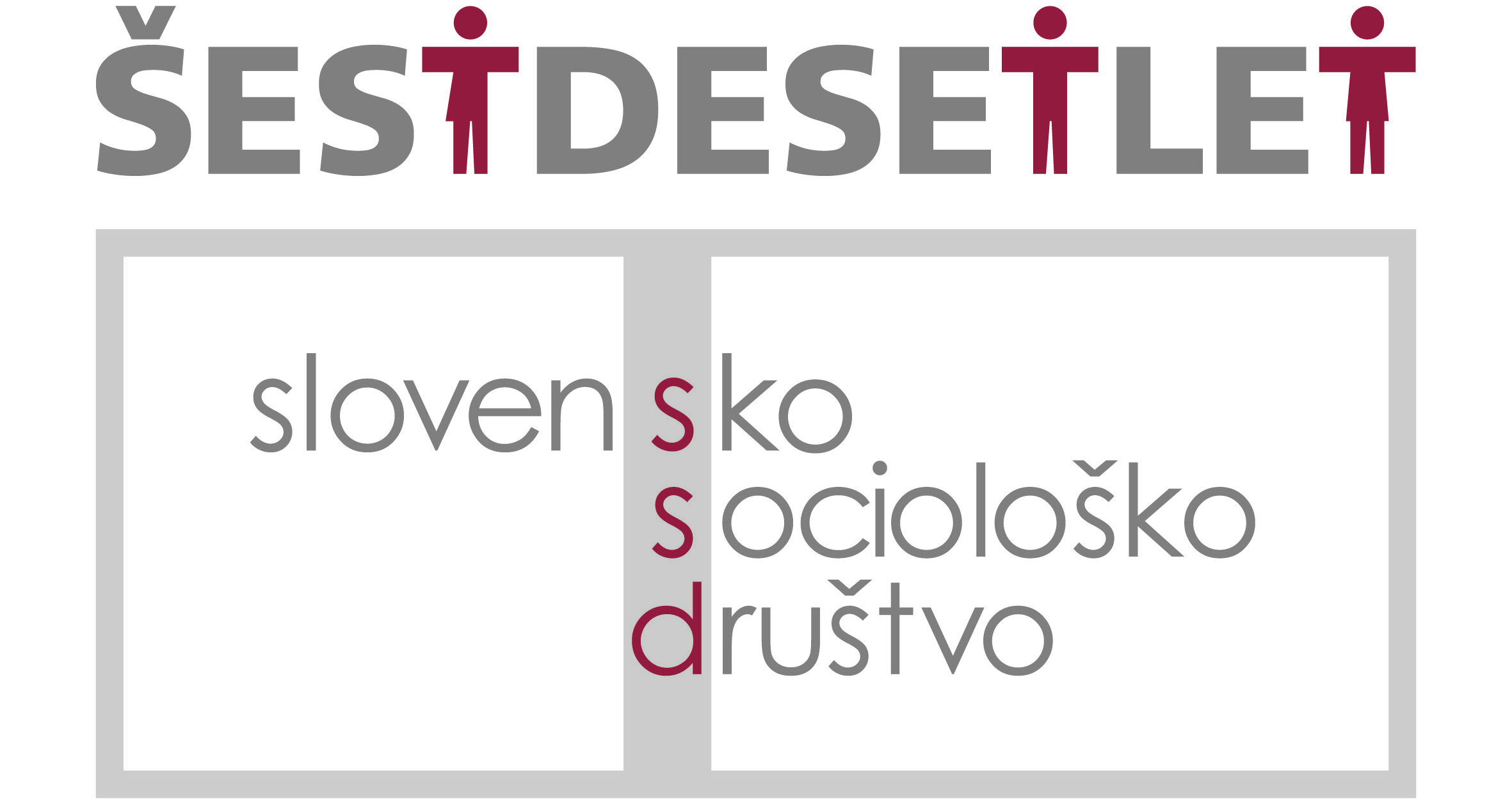Social Science Forum 76 (XXX)
Selective Welfare: Paradigmatic Twists in Social Work Practice
Gisela Hauss
ABSTRACT: The social investment paradigm has been gaining importance within the social policy of post-industrial countries. Investments are made in human capital and aim at shaping productive citizens capable of satisfying the demands of flexible labour markets. The article refers to a research project that aims to explore contemporary changes within everyday practice. The article adopts an ethnographic perspective to analyse the current transformations of everyday practice in the field of unemployment insurance and welfare in the context of activation policies and the investment paradigm.
KEY WORDS: social investments, welfare, labour integration, transformation, unemployment
>> Download
Familialization in Welfare State Arrangements: Foster Families in the Life Course of Foster Children
Monika Goetze
ABSTRACT: Currently enforced discourses on the significance of familial resources as a precondition for education, employability and social mobility reveal aspects of the interplay between state and families in terms of social integration. Foster families are of special interest when studying the drifts in discourses toward a familialization of life course regimes. The research on foster family care highlights the ambiguous negotiations on responsibilities, competencies, expertise and professionalisation, as well as the call to not colonise the intimate familial context. The authors analyse the interplay of the involved persons in the everyday practices, such as local authorities, legal guardians, therapists, parents of origin, foster parents and foster children. In the article, the beginning and the end of the child protection measure is discussed to see how trajectories and transitions are shaped by those involved, and how their acting can be interpreted in terms of life course regimes.
KEY WORDS: familialization, life course regimes, foster family care, child protection
>> Download
Social inequality and poverty in Slovenia – policies and consequences
Vesna Leskošek, Srečo Dragoš
ABSTRACT: The article presents an analysis of the main political attitude to poverty and social inequality which has an influence on the creation of social policy, and specifically focuses on the policies of economisation, minimisation and stigmatisation aimed at the increased acceptability of social inequalities and reduced significance of poverty; this in turn helps the state neglect the investment of adequate resources to do away with poverty. This state of affairs is illustrated by statistical data on poverty that offer enough information to conclude that poverty needs to be faced immediately while its abolition is still possible instead of letting the poverty level increase and the fight against it become ever harder.
KEY WORDS: capitalism, inequality, social policy, transition, poverty
>> Download
Poverty reduction program in Georgia: facts and policy measures
Nino Shatberashvili
ABSTRACT: The article analyses the capability of the social assistance programme in Georgia to reach its goal and examines its potential to enable the targeted poor to meet their needs and improve their social functioning. The method used for present- ing data includes a literature review, an analysis of reports and the use of the official statistics in the country. The main finding shows that the impact of the benefit varies across the population groups, with children remaining at the highest risk of poverty. Poverty rates vary across regions too, with mountainous regions being in the highest risk group. In June 2013, almost one-third of registered households in the database of socially unprotected families received a targeted Social Assistance Cash benefit. However, we can conclude that according to most benchmarks the programme has suc- ceeded in terms of targeting disadvantaged groups, while as concerns the programme’s efficiency and effectiveness there are areas for improvement regarding the coverage, the size and form of the benefit.
KEY WORDS: poverty, poverty reduction, targeted cash assistance, social inclusion
>> Download
Services and programmes for teenage pregnancy and support for teenage mothers: Rural areas of Limpopo Province of South Africa and Slovenia
Glory Mmasetjana Lekganyane
ABSTRACT: This article seeks to juxtapose the current services and programmes that deal with the prevention of teenage pregnancies and the teenage motherhood notion in South Africa and Slovenia. The paper looks at the situation in both countries and tries to detect the main problems in the two cases and therefore proposes changes on the basis of what is known about the two countries. In other words, we describe the situation, identify problems and suggest solutions. Teenage pregnancy and teenage motherhood are always viewed as inseparable and as a discourse that exists due to a variety of social and sociological variables. The notion of teenage pregnancy and teenage motherhood is assessed against related theories and scholastic (secondary) evidence. Finally, it is argued that intervention services and programmes that are linked with the life perspective of teenagers and teenage mothers yield positive results.
KEY WORDS: teenage pregnancy, teenage mothers, intervention services, prevention, programmes
>> Download
Trails of power and struggle: A critique of the state through the Latin American experience of resistance
Klemen Ploštajner
ABSTRACT: The aim of the article is to point out the problems confronting the fight to change the world through fighting for power. Deriving from the thesis that the means equal the goals and that the specific forms of oppression are inscribed into the mechanisms of taking the state, it is necessary to broaden the existing critique of the relations of power by including the critique of the state. The article seeks to show that all mechanisms which tear power and political organisation out of the community carry within themselves the seeds of their own corruption, of alienation and authoritarianism. Our analysis is mostly based on cases from Latin America where tensions between social movements and the state are most severe.
KEY WORDS: social movements, critique of the state, Latin America, political strategies, dispersed power
